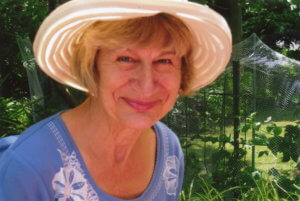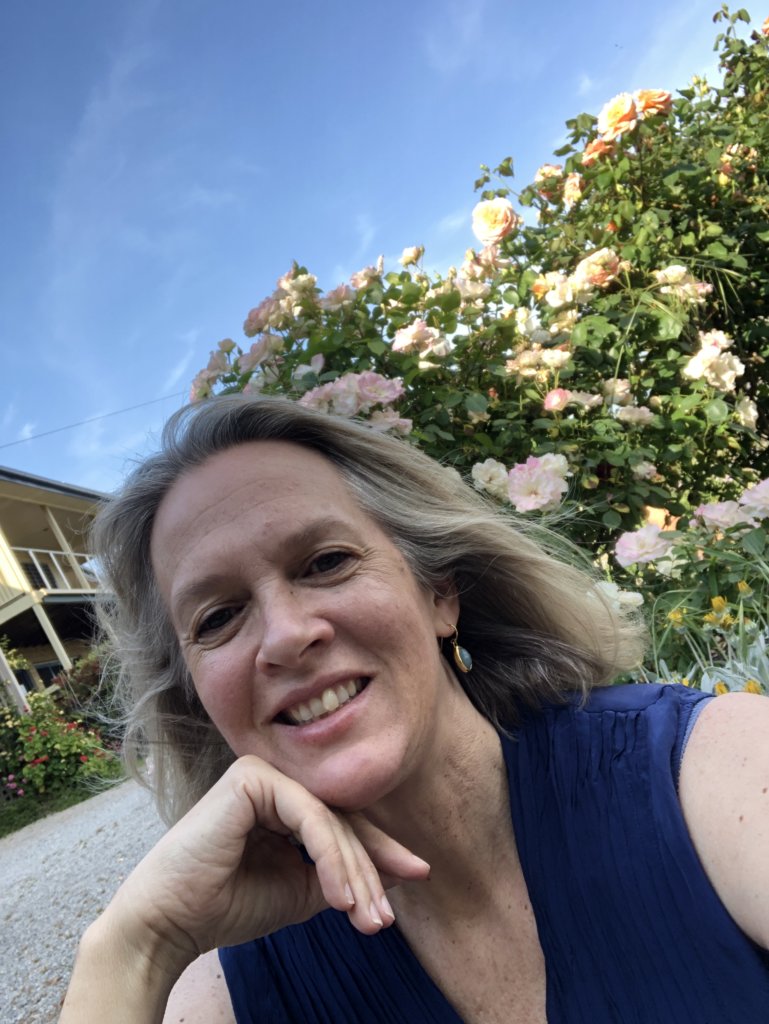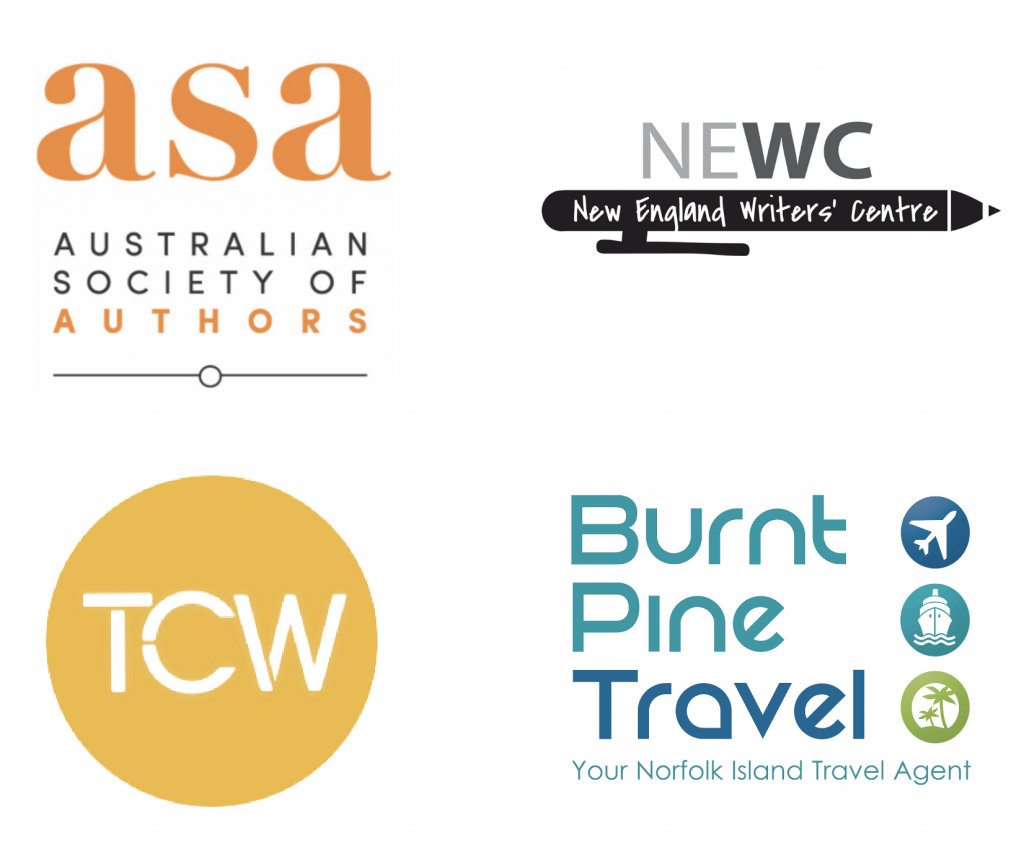‘… historical novelists can step into the shadows where there are no torches.’
What a wonderful image this quote conjures of historical novelists! In this HNSA interview, Isolde Martyn, chair of the Plantagenet Society of Australia and award-winning author of eight historical novels, reveals her views on historical fiction and what it means to win literary awards.

In your experience as a writer and reader of historical fiction, what is its particular appeal?
Good historical novels are infotainment: a form of escapism, a seeking after truth and a spotlight onto a particular person or era that enriches the reader’s understanding in a more enjoyable form than a history textbook would. It’s interesting to see the trend in history documentaries now to use actors rather than a series of portrait stills. The actors have no dialogue, but goodness, their presence in historical costume makes the past vivid and fresh.
Unlike academic historians, who are limited by primary sources (usually written by men), historical novelists can step into the shadows where there are no torches. For instance, it was so liberating to be able to build my first novel round an anonymous woman spy who was mentioned briefly in a chronicle. In a history book, she would have been allotted a sentence or perhaps just a footnote.
How do you think a prize such as the ARA Historical Novel Prize helps to raise the profile of historical fiction in general?
How wonderful that Australia now has the ARA Award! It provides >>>>>>>>>>opportunity!
It’s great timing, too. With Hilary Mantel winning the Booker, Walter Scott and Hawthornden Literary Awards, let alone being made a Dame as well, historical fiction has already had a marvellous boost, reaching lots more readers and reviewers.
Mind you, it’s a fact that any literary prize which offers a decent amount of money becomes sought after. When Romance Writers of Australia offered a financial prize for the Romantic Book of the Year Award, it attracted, if I remember correctly, well-known writers like Bryce Courtney. However, when the award became a trophy with no money prize attached, interest outside RWA waned. There’s another example, too: the NSW Teachers Awards for Science sadly attracts no media attention, but when two years ago one of the winning students subsequently won international awards and returned home from the USA with a huge amount of prize money, the media swarmed.
What difference would it make to an author’s creative life to win a significant sum of prize money?
Since most authors write out of love and struggle to earn a living from writing, there are probably many excellent books that don’t get written. If a writer is acknowledged for his or her talent in being awarded the ARA, they will have a chance to be creative without stress and readers will benefit.
Prize money notwithstanding, what are the additional benefits of entering a high profile writing competition for a published author?
We all need incentive – carrots – crocks at the end of the rainbow. Even experienced authors of high reputation can suffer from procrastination. The ARA is a chance for a talented midlist writer to burst into the publishing limelight.
Which sub-genre of historical fiction are you pleased to see is eligible, and why do you feel it is important?
It’s great to see so many sub-genres included, but I think ‘Political Historicals’ is missing. Wolf Hall and its sequels have created a whole new sub-genre. However, I am very delighted to see that ‘Historical Romance’ is included. Writers like Diana Gabaldon and Daphne Du Maurier have shown that historic fact and romantic fiction can be woven into a great read. Many historical romance writers spend a lot of time on research. I think Dorothy Dunnett’s Lymond series was absolutely brilliant, but without the gradually building love story, it would not have worked up to such a wonderful crescendo. There’s often a fine line between historical and historical romance.
What do you think makes a standout historical novel?
Credibility is vital: research woven in flawlessly, making the past come alive.
Accuracy: historical people being where they are supposed to be.
Innovative: in that it covers new ground or takes a very different angle.
Well-rounded: with intriguing main characters that you care about.
Humour: lively, believable dialogue.
A story that resonates after you have closed the last chapter.
A novel you would keep to read again because the style, plot and characterisation are so beautifully done.
Good luck to all the contestants!
Isolde Martyn is the award-winning author of eight novels that mostly focus on real historical people. One of her main interests is the Wars of the Roses, which was her special subject for an Honours Degree in History at the University of Exeter. She has worked as a professional historian in academia and did a stint as well with NSW Archives. Her other career path has been on the opposite side of the publishing desk as the editor of The Reader’s Digest Motoring Guide to Australia and the first Australian edition of Foods that Harm, Foods that Heal.
Isolde is currently chair of the Plantagenet Society of Australia and has just finished a novel set in the late Elizabethan era. You can connect with Isolde via her website and/or Facebook page.

This interview was compiled by HNSA Marketing Coordinator, Lou Greene. Lou was winner of the HNSA First Pages Pitch in 2017 and she long-listed in the Richell Awards. Last year, as well as being short-listed in the HNSA short story competition, she was a recipient of an ASA Mentorship Award. Lou has an MA Modern History and has recently completed a dual timeline, novel manuscript. Find out more about Lou’s writing from her website, or connect with her via Instagram or Twitter.




